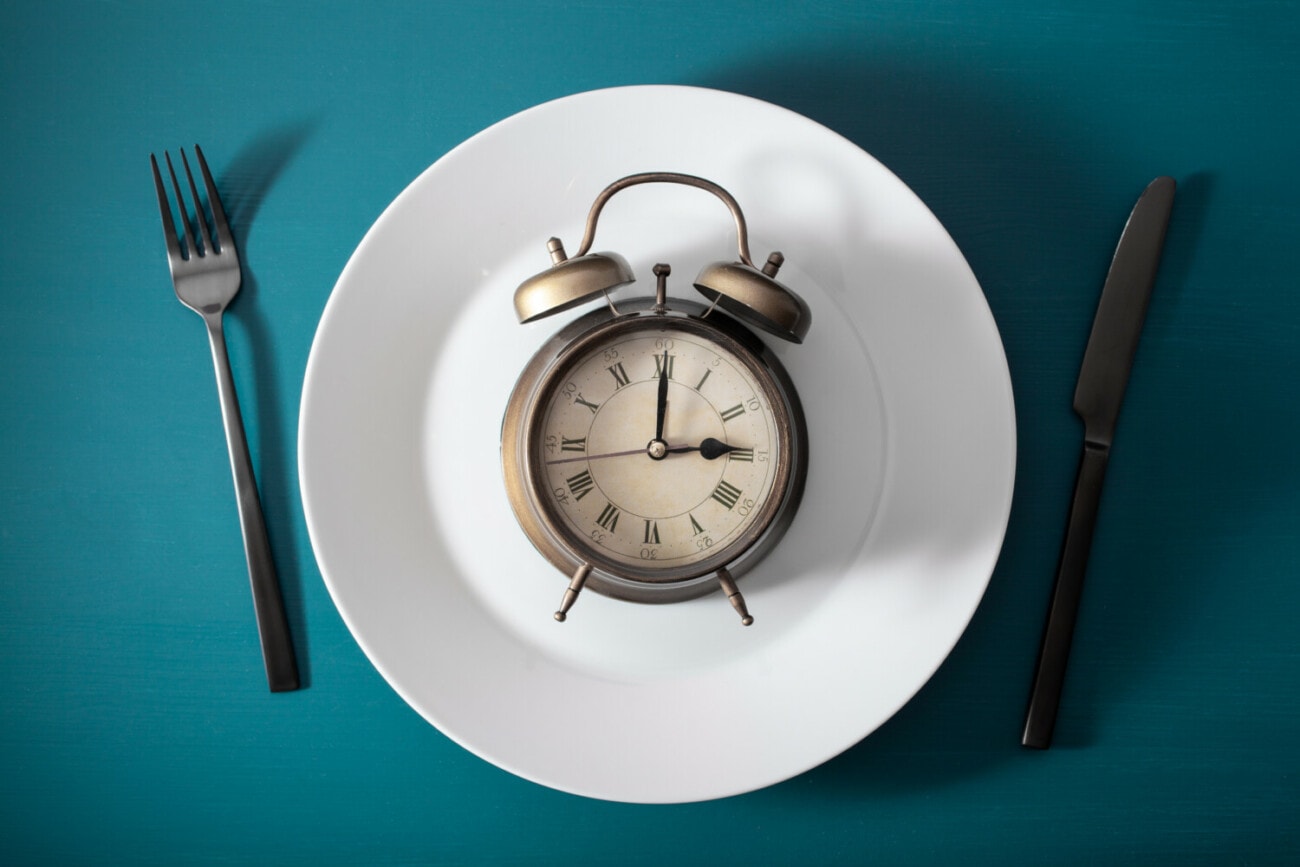Calories to gain muscle mass
Quer o teu objectivo seja perder gordura, ou ganhar massa muscular, sabes que as calorias são essenciais.
É através das calorias que vais conseguir, ou não, bons resultados.
É também importante para saberes quantas proteins, carbohydrates and fats you should use it daily.
O método é muito semelhante ao utilizado para saber how many calories do you need to lose fat, changing only in the final part.
Muitas vezes a falta de resultados deve-se à falta de calorias, por isso, sabes quantas calorias deves ingerir para ganhar massa muscular?
Basal Metabolism
O primeiro passo é saberes qual é o teu metabolismo basal.
O metabolismo basal é o número de calorias que o teu corpo queima apenas para funcionar.
Mesmo que não faças nada durante o dia, vais queimar calorias.
Para além disso, quantos mais massa tiveres, maior será o teu metabolismo basal.
Por isso, como deves perceber, é essencial começares por saber aproximadamente quantas calorias queimas em repouso.
Calculate basal metabolism
O cálculo do metabolismo basal entre homens e mulheres é ligeiramente diferente, e em baixo vais encontrar o método para ambos.
Man
(10 x Body Weight) + (6.25 x Height) – (5 x Age) + 5 = Basal Metabolism
Woman
(10 x Body Weight) + (6.25 x Height) – (5 x Age) – 161 = Basal Metabolism
If you read our article about número de calorias para perder peso, já sabes como funciona.
Se não, vamos chamar novamente o Pedro para exemplificar.
Example
O Pedro mede 1,80m e com 25 anos o seu peso é de 80kg.
Quer aumentar a sua massa muscular, e como sabe a importância da dieta para o conseguir, vai calcular o número de calorias que precisa para ter bons resultados.
A conta do Pedro é a seguinte.
(10 x 80) + (6.25 x 180) – (5 x 25) + 5
800 + 1125 – 125 + 5 = 1805 kcal
Ou seja, o metabolismo basal do Pedro é de aproximadamente 1805 Kcal.
Estas são as calorias que o Pedro vai queimar em repouso.
Como é óbvio saber as calorias que queima em repouso não é o suficiente.
We need to know the calories to gain muscle mass for Pedro.

Activity level
Tal como no caso da perda de peso, o teu nível de actividade diário vai influenciar o número de calorias que deves ingerir.
Uma pessoa com uma rotina exigente não deve consumir as mesmas calorias de alguém que passa o dia a dormir.
The more demanding your day is, the more calories you will need.
Em baixo fica uma tabela que te vai ajudar a calcular um valor aproximado das calorias que precisas para manter o teu peso, de acordo com a tua rotina diária.
| Activity level | Multiplier |
| Little or none | 1.2 |
| Light | 1,375 |
| Moderate | 1.55 |
| Intense | 1,725 |
| Maximum intensity | 1.9 |
O que é que deves fazer com esta tabela?
It's simple.
Pega no valor do teu metabolismo basal e multiplica pelo número associado ao teu nível de actividade.
Atenção, o nível de actividade refere-se não só aos treinos de ginásio, mas também ao resto do teu dia.
Se tens dois trabalhos e ainda treinas 4 a 5 vezes por semana, então o teu nível de actividade será provavelmente intenso.
Se por outro lado só sais de casa para treinar, mesmo que seja 6 vezes por semana, o teu nível de actividade será leve, ou no máximo, moderado.
Example
O Pedro continuou a ler o artigo, e depois de saber que o seu metabolismo basal é de aproximadamente 1805 Kcal, vai agora ter também em conta o seu estilo de vida.
Treina quatro vezes por semana, e o seu dia a dia não é muito exigente, passando grande parte dele sentado num escritório.
O cálculo do Pedro é o seguinte.
1805 x 1.55 = 2800 Kcal
Ou seja, o Pedro considera o seu nível de actividade moderado, o que segundo a tabela, lhe dá um valor diário de 2800 Kcal para manter o seu peso actual.
Claro que o Pedro não quer apenas manter, mas sim subir, e ganhar alguma massa muscular.

Calories to gain muscle mass
Tal como o Pedro, queres ganhar massa muscular, e por isso, não te chega saber quantas calorias precisas para manter o teu peso.
O objetivo é ganhar massa muscular magra, e não simplesmente peso.
Se o objetivo fosse simplesmente ganhar peso, então seria extremamente simples. Comer, comer e comer.
Para ganhar massa magra e o mínimo de massa gorda já é um pouco diferente.
O que deves fazer então?
Slightly increase calories.
O Pedro sabe que com 2800 Kcal vai manter o seu peso estável, mas isso não lhe vai dar os aumentos de massa muscular que pretende.
Para conseguir o desejado aumento de massa magra ele vai acrescentar 300 Kcal ao seu dia a dia, e por isso, a sua alimentação vai contar com aproximadamente 3100 Kcal diariamente.
O aumento é pequeno e conservador, mas é muito possivelmente o suficiente para que consiga ganhar o máximo de massa magra, e o mínimo de massa gorda.
Ou seja, o que deves fazer é acrescentar entre 300 a 400 Kcal ao valor que precisas para manter o teu peso actual.
Caso tenhas facilidade em ganhar peso, opta por um número mais baixo, mas se por outro lado tens dificuldades, então usa um número mais alto.
Acima de tudo, não faças aumentos muito extremos.
Adjust according to your results.

Evolução
Calcular o número de calorias que precisas para ganhar massa muscular é útil, mas não é uma ciência exacta e serve apenas como guia.
É essencial avaliares os teus resultados e ires adaptando a tua alimentação.
O espelho é útil, mas não deve ser a única forma de avaliares os teus resultados.
Para além do espelho tens a balança, e não só.
Podes medir certas partes do corpo, como os braços, pernas e barriga.
Para além disso, é fácil ires tirando várias fotos de 2 em 2 semanas para conseguires ser mais objetivo.
The more tools you have to evaluate your progress, the better.
Se passado 3 semanas estás igual em todas as avaliações, então podes acrescentar mais 200 ou 300 Kcal à tua dieta.
Se por outro lado estás a ganhar peso demasiado depressa, talvez seja boa ideia reduzires ligeiramente o número de calorias que ingeres diariamente para não ganhares demasiada gordura.
Por fim, não te esqueças que à medida que vais ganhando peso, o teu gasto calórico aumenta e podes precisar de acrescentar calorias.
Calorias para ganhar massa, a conclusão
Saber quantas calorias precisas é útil quando pretendes lose weight and fat, mas não só.
É também extremamente útil quando o objetivo é ganhar massa muscular.
It will help you maximize lean mass gain, minimize fat mass gain and best adjust the amount of macronutrients you should ingest.
Basicamente vai-te ajudar a conseguir os melhores resultados possíveis.
Não te esqueças que o número de calorias necessárias é apenas uma aproximação, e deves ir ajustando sempre que necessário.
Também não precisas de ser rigoroso ao ponto de acertar exactamente no número de calorias ideal, mas sim procurar atingir sempre um número aproximado.
Agora que já sabes quantas calorias precisas para ganhar massa muscular, talvez seja boa ideia saber qual a quantidade de macronutrientes que precisas.
You will find articles here to help you with this task.




Muito útil, grato!!
Simples muito bom um dos melhores artigos que tenho visto nos últimos meses, valeu.
Boas dicas, aqui está uma calculadora que utilizo habitualmente: https://caloriaspordia.com/